The Five Pillars of Islam are Shahada, Salat, Zakat, Sawm, and Hajj. These pillars form the foundation of a Muslim’s faith and practice.
Islam, a major world religion, is built on the Five Pillars, which guide the lives of Muslims. Shahada, the declaration of faith, affirms the oneness of God and the prophethood of Muhammad. Salat, the ritual prayer, is performed five times daily, fostering discipline and spiritual growth.
Zakat, or almsgiving, involves giving to the needy, promoting social equality. Sawm, fasting during Ramadan, encourages self-control and empathy for the less fortunate. Hajj, the pilgrimage to Mecca, unites Muslims worldwide in a profound spiritual journey. These pillars collectively shape a comprehensive framework for living a righteous and fulfilling life.
Related Article: The Role of Imam in Islam: Guiding Faith and Community
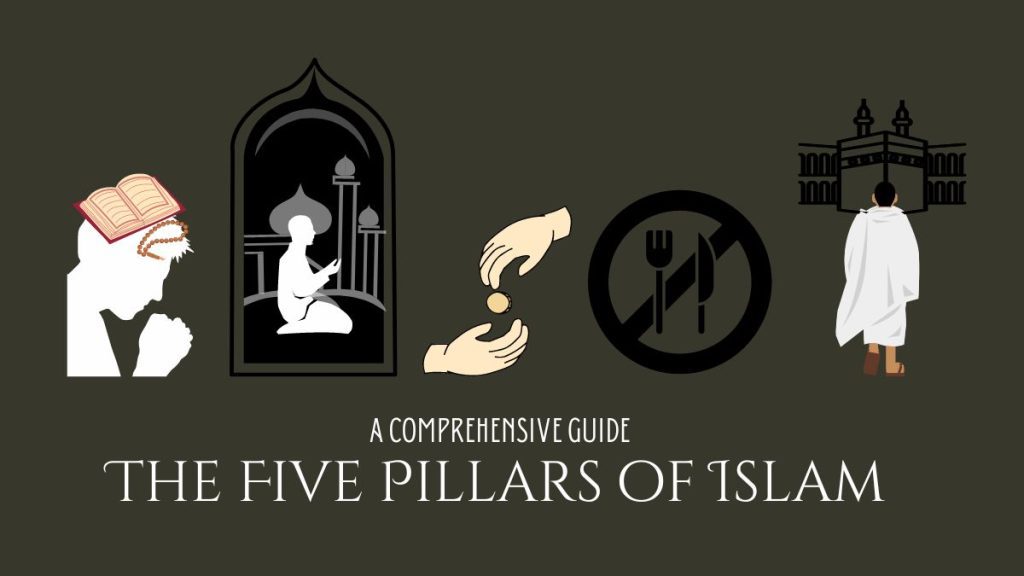
Related Article: The Role of Mosques in Islam: Spiritual Hubs and Community Centers
Shahada
The Shahada is the first and most important Pillar of Islam. It is a declaration of faith and belief in the oneness of Allah and the prophethood of Muhammad. This proclamation is simple yet profound, forming the foundation of a Muslim’s faith.
Meaning Of Shahada
The Shahada is composed of two parts:
- “La ilaha illallah” – There is no god but Allah.
- “Muhammadur rasulullah” – Muhammad is the messenger of Allah.
These words signify the acceptance of the core Islamic beliefs. They affirm the belief in one God and recognize Muhammad as His prophet.
Importance In Islam
The Shahada is essential in Islam for several reasons:
| Aspect | Importance |
|---|---|
| Foundation of Faith | Establishes monotheism and prophethood. |
| Identity | Defines a person as a Muslim. |
| Unity | Unites Muslims under one belief system. |
Reciting the Shahada is the first step in becoming a Muslim. It is also recited in daily prayers, emphasizing its significance in daily life.

Credit: www.muslimaid.org
Related Article: Islamic Spirituality: Unlocking Inner Peace and Enlightenment
Salat
Salat, the second pillar of Islam, represents the daily prayers. Muslims perform these prayers five times a day. Salat is a direct link between the worshipper and Allah. This practice instills discipline and spiritual growth.
Daily Prayers
Muslims pray five times each day. Each prayer has a specific name and time:
- Fajr: Before dawn
- Dhuhr: After midday
- Asr: Afternoon
- Maghrib: Just after sunset
- Isha: Night
Procedure And Rituals
The procedure of Salat involves specific steps. Each step is performed with devotion:
- Wudu: The ritual washing before prayer.
- Niyyah: Intention in the heart to pray.
- Takbir: Raising hands and saying “Allahu Akbar”.
- Qiyam: Standing and reciting verses from the Quran.
- Ruku: Bowing and praising Allah.
- Sujud: Prostrating and glorifying Allah.
- Tashahhud: Sitting and reciting specific prayers.
- Tasleem: Turning the head to both sides and saying “Assalamu Alaikum”.
Salat is a beautiful ritual. It brings peace and connection to Allah. Each prayer time offers a moment of reflection and devotion.
Zakat
Zakat is one of the Five Pillars of Islam. It represents a mandatory act of charitable giving. Zakat plays a crucial role in the Muslim faith, promoting social equality and assisting those in need.
Charitable Giving
Charitable giving through Zakat is obligatory for all eligible Muslims. It requires giving 2.5% of one’s savings to charity. This ensures wealth distribution and helps reduce poverty. Muslims believe Zakat purifies their wealth and soul.
| Category | Percentage |
|---|---|
| Savings | 2.5% |
| Gold/Silver | 2.5% |
| Business Goods | 2.5% |
Impact On Community
Zakat strengthens the community by supporting the less fortunate. It funds education, healthcare, and housing for the needy. This act of giving fosters a sense of unity and compassion among Muslims.
- Reduces poverty
- Supports orphans and widows
- Provides medical aid
- Funds educational programs
By giving Zakat, Muslims help build a caring and supportive community. It ensures everyone has access to basic needs and opportunities.
Related Article: Zakat: Transforming Lives Through Compassionate Giving
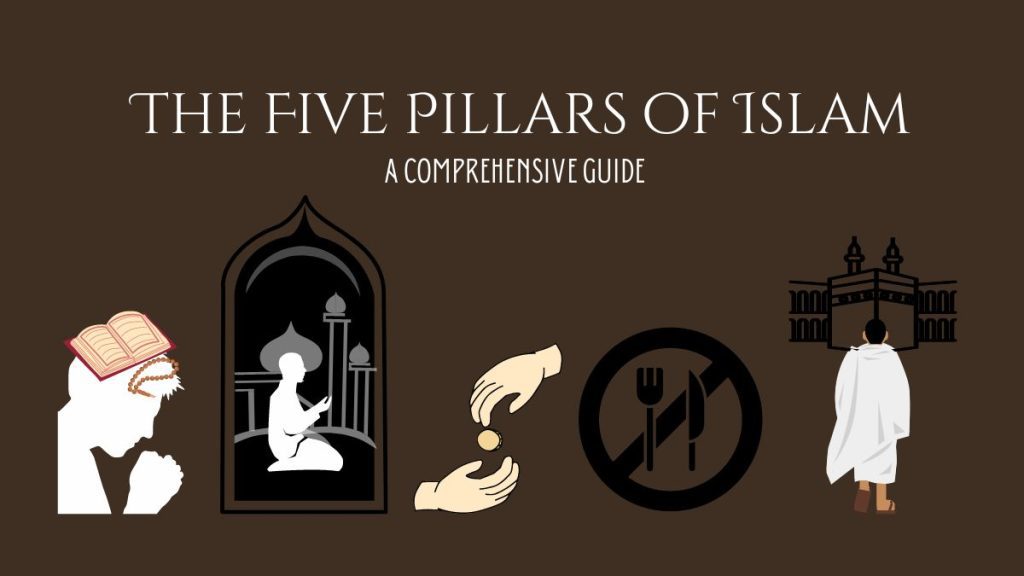
Related Article: Tawheed: The Essence of Islamic Monotheism Explained
Sawm
The Five Pillars of Islam guide the life of every Muslim. One of these pillars is Sawm, which involves fasting. Sawm is observed during the holy month of Ramadan. It is a time of deep spiritual reflection and devotion to God.
Fasting During Ramadan
Muslims fast from dawn to sunset during Ramadan. They abstain from food, drink, and other physical needs. This fast, called Roza, lasts for 29 or 30 days. The fasting period starts with the pre-dawn meal, called Suhur. It ends with the meal at sunset, known as Iftar.
During Suhur, Muslims eat a light meal to sustain them through the day. At Iftar, they break their fast with dates and water. Then, they enjoy a full meal with family and friends.
Spiritual Benefits
Fasting during Ramadan offers many spiritual benefits. It helps Muslims develop self-control and empathy. By abstaining from food and drink, they feel the hunger of the less fortunate. This fosters a sense of compassion and charity.
Fasting also strengthens one’s relationship with God. Muslims spend more time in prayer and recitation of the Quran. This deepens their faith and brings inner peace.
| Spiritual Benefit | Description |
|---|---|
| Self-Control | Resisting physical needs helps build discipline. |
| Empathy | Experiencing hunger fosters compassion for the poor. |
| Faith | Increased prayer and Quran recitation strengthen belief. |
| Inner Peace | Spiritual reflection brings tranquility. |
Muslims believe fasting purifies the soul. It removes bad habits and promotes good deeds. Fasting is not just about abstaining from food. It is also about avoiding sinful behavior. This includes lying, gossiping, and arguing.
Through Sawm, Muslims learn patience, humility, and gratitude. These qualities last beyond Ramadan, shaping their daily lives.
Hajj
The Hajj is an annual Islamic pilgrimage to Mecca. It is a mandatory religious duty for Muslims. Every Muslim must perform it at least once in their lifetime. Hajj is one of the Five Pillars of Islam. It symbolizes unity and equality among Muslims.
Pilgrimage To Mecca
The pilgrimage to Mecca occurs in the last month of the Islamic calendar. Millions of Muslims from around the world gather in Mecca. This journey is both a physical and spiritual one. It requires great preparation and devotion.
Muslims must be in a state of Ihram before entering Mecca. Ihram is a sacred state of purity. Pilgrims wear special white garments. These garments symbolize purity and equality. The journey begins at the Kaaba, the holiest site in Islam.
Rituals And Practices
The Hajj includes several important rituals and practices. Each ritual has deep spiritual significance.
- Tawaf: Pilgrims walk around the Kaaba seven times.
- Sa’i: Pilgrims walk between the hills of Safa and Marwah seven times.
- Standing at Arafat: Pilgrims stand in prayer and reflection from noon to sunset.
- Muzdalifah: Pilgrims collect pebbles for the next day’s ritual.
- Stoning of the Devil: Pilgrims throw pebbles at three pillars in Mina.
- Animal Sacrifice: Pilgrims sacrifice an animal, symbolizing Abraham’s willingness to sacrifice his son.
After completing these rituals, pilgrims celebrate Eid al-Adha. They then perform a final Tawaf before leaving Mecca. This marks the end of their pilgrimage.
Hajj is a profound spiritual experience. It strengthens faith and unity among Muslims. It is a testament to the devotion and commitment of the Islamic community.
Related Article: The Power of Islam: Unleashing its Transformational Potential
%20(original).jpg)
Credit: nouracademy.com
Related Article: Islamic Lifestyle Essentials: Nurturing Faith & Well-being
Living The Five Pillars
The Five Pillars of Islam form the foundation of a Muslim’s faith and practices. These pillars guide daily life and spiritual growth. Let’s explore how Muslims incorporate these pillars into their everyday lives, the challenges they face, and the rewards they reap.
Everyday Application
Muslims integrate the Five Pillars into their daily routines. Each pillar serves a unique purpose and requires specific actions.
| Pillar | Application |
|---|---|
| Shahada (Faith) | Muslims recite the declaration of faith daily, affirming their belief. |
| Salah (Prayer) | Muslims pray five times a day, each prayer lasting a few minutes. |
| Zakat (Charity) | Muslims donate a portion of their wealth annually to those in need. |
| Sawm (Fasting) | During Ramadan, Muslims fast from dawn to sunset, refraining from food and drink. |
| Hajj (Pilgrimage) | Muslims aim to perform the pilgrimage to Mecca at least once in their lifetime. |
Challenges And Rewards
Observing the Five Pillars can be challenging, but the rewards are immense.
- Shahada: Maintaining faith can be difficult amid life’s trials. The reward is inner peace and spiritual strength.
- Salah: Finding time for five daily prayers can be tough. The reward is a disciplined and connected life.
- Zakat: Donating wealth may cause financial strain. The reward is a sense of fulfillment and community support.
- Sawm: Fasting can be physically demanding. The reward is empathy for the less fortunate and self-control.
- Hajj: The pilgrimage requires significant resources and preparation. The reward is a profound spiritual experience and unity with fellow Muslims.
Related Article: Peace in Islam: Understanding its Amazing Transformational Power
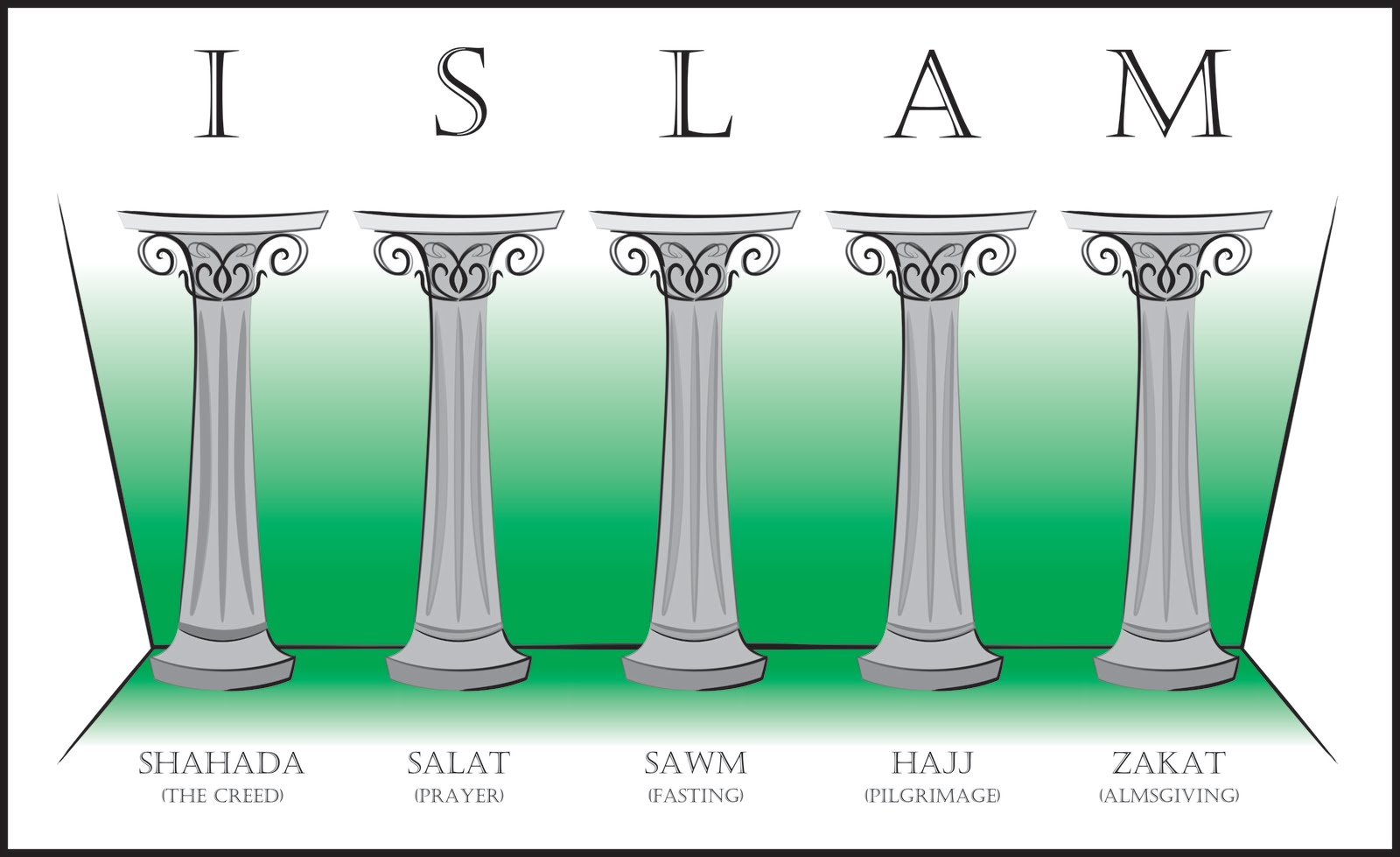
Credit: www.dar-alifta.org
Related Article: What Makes Islam Unique: Insights & Distinctions
Conclusion
Understanding the Five Pillars of Islam is essential for grasping the faith’s core values. These pillars guide Muslims in their daily lives. They foster a sense of community and spiritual growth. Embracing these principles can lead to a more fulfilling and harmonious life.
Explore these pillars to deepen your knowledge of Islam.
Related Article: Unlocking the Power of Ummah Significance

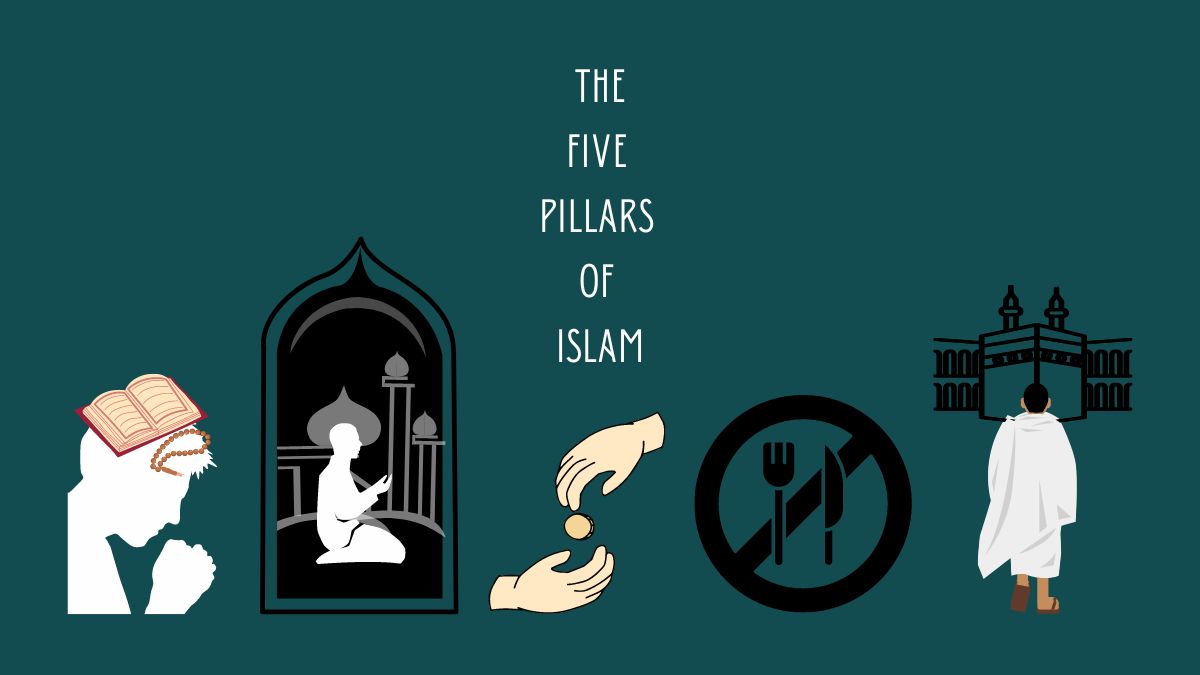
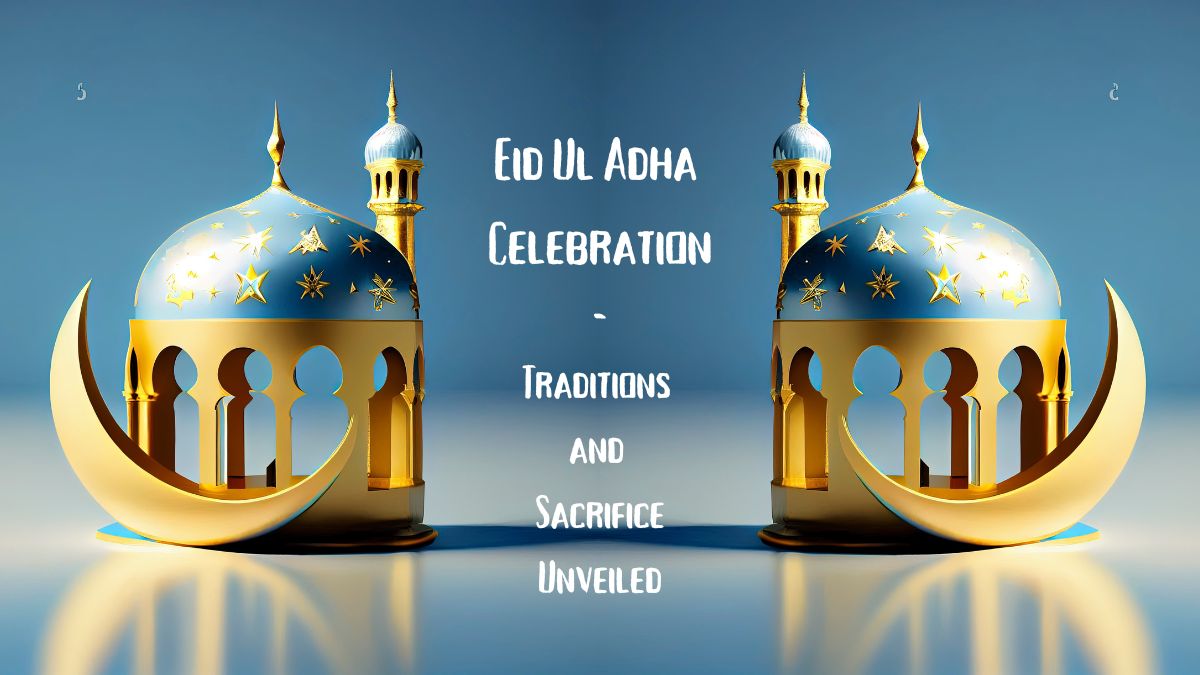
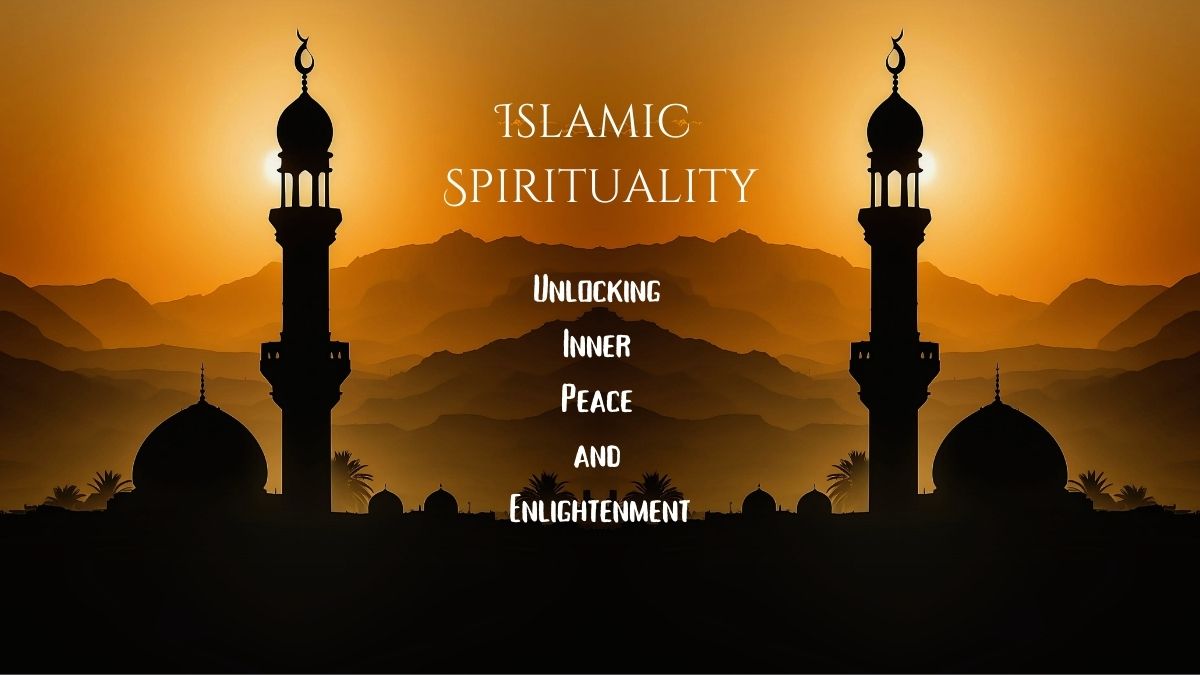
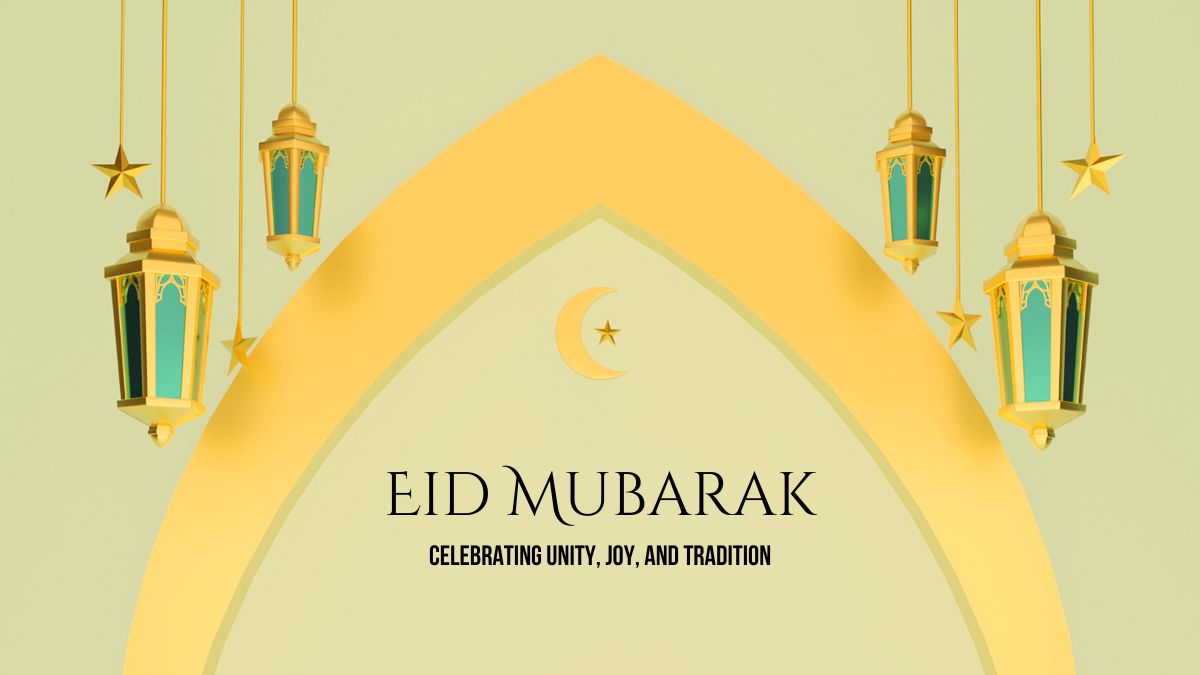
2 thoughts on “The Five Pillars of Islam: A Comprehensive Guide”